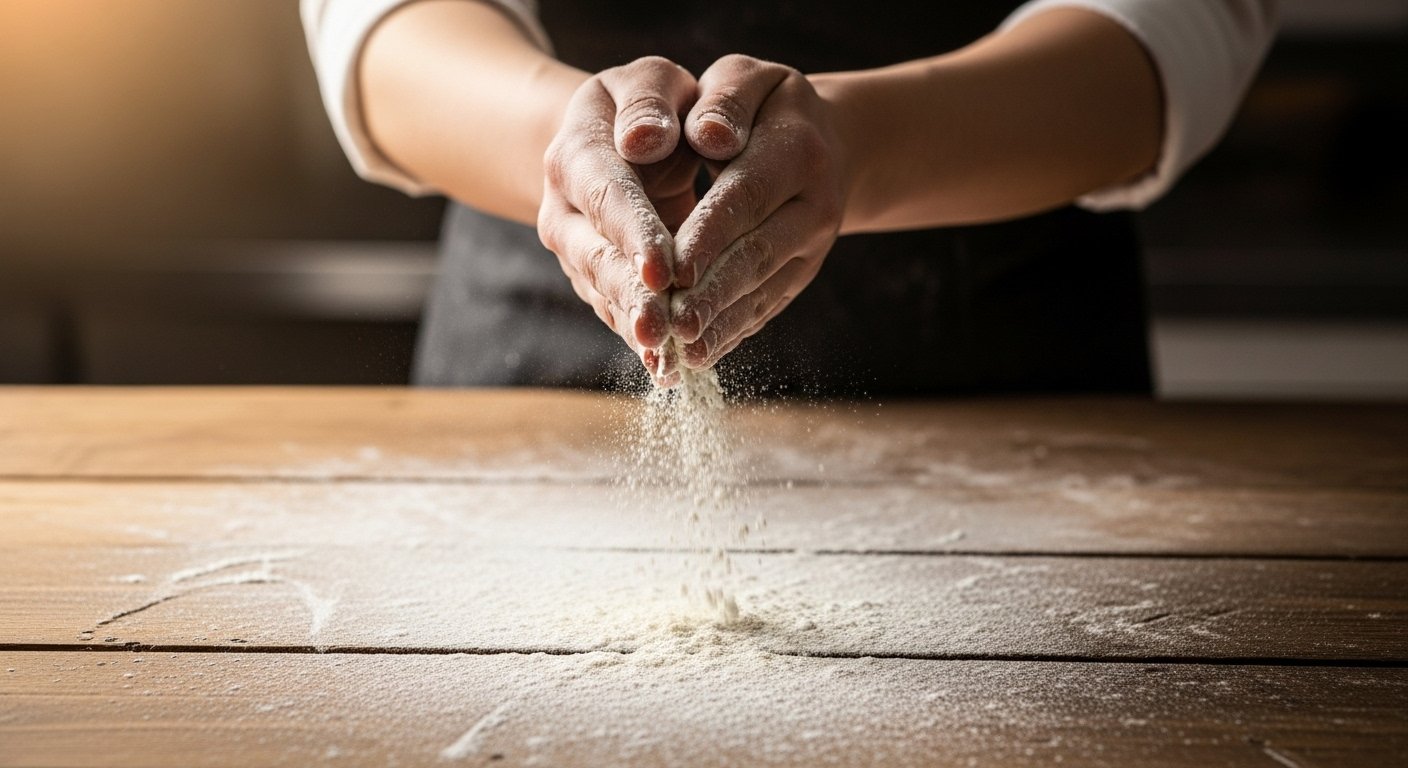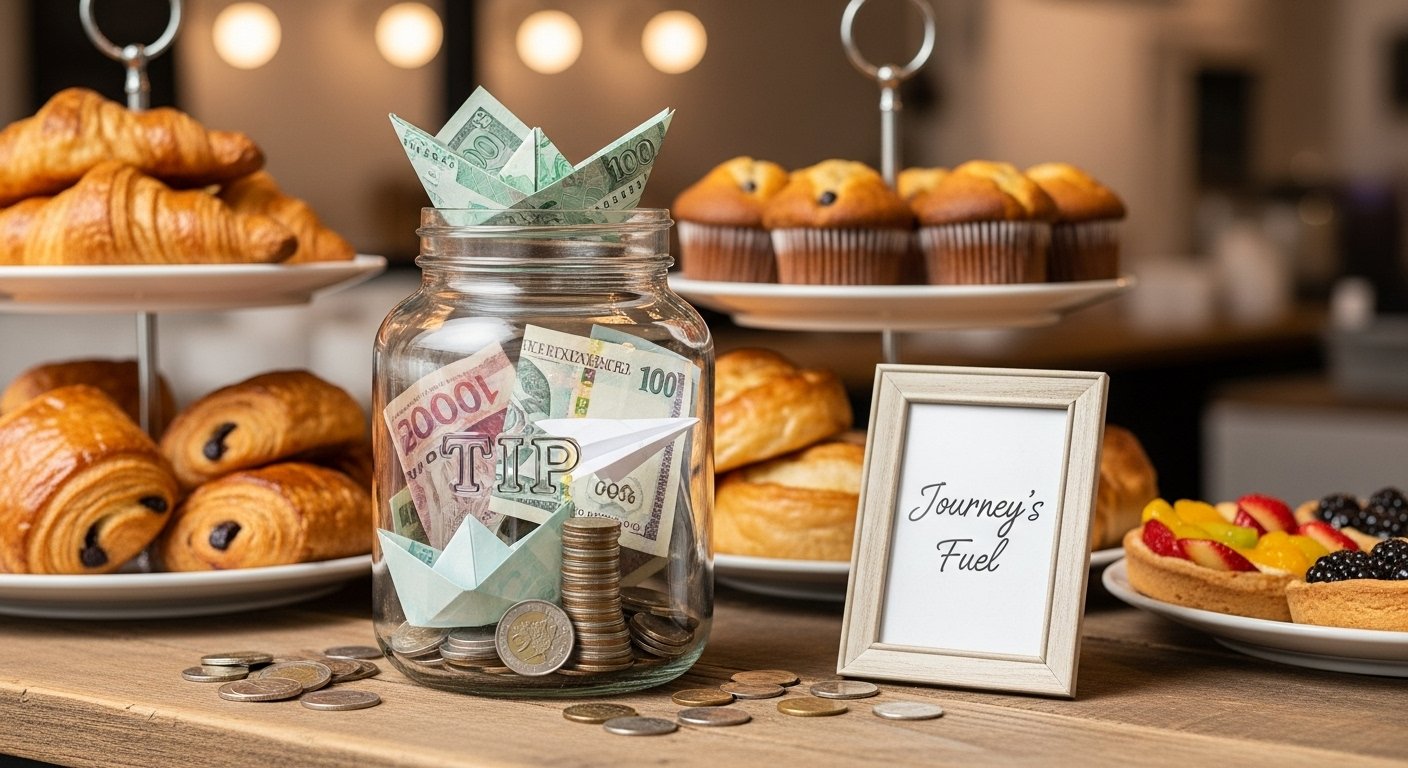Miami wakes up early. Before the cafés unlock their doors and the croquetas start disappearing, there’s a quiet hustle inside neighborhood bakeries. If you’ve ever thought about slipping into that rhythm, here’s what it’s like, and how to get started.
If you’re scanning listings for part-time bakery jobs in Miami, the first thing to know is that you should not be intimidated. Most bakeries are hiring for clean work habits and a willingness to learn during off-peak hours. The best way in is often a short, paid trial shift where you show that you’re careful and coachable.

Source: https://www.pexels.com/photo/cinnamon-roll-with-lavender-on-rustic-plate-33863376/
Why Miami Is a Smart Place to Start
The city’s food scene moves on velocity and volume. Weekends swell with visitors while weekdays run on cafecito and guava pastries. That translates into steady demand for people who can help during the morning rush or late-night bakes.
Nationally, the outlook is solid: employment for bakers is projected to grow over the next decade, with tens of thousands of openings each year as folks retire or move on. That’s your opportunity to step in and learn the craft.
What You’ll Actually Do on a Part-Time Shift

You’ll scoop, fold, egg-wash, proof, and rotate trays until these motions become second nature. You’ll learn to read dough with your fingertips and catch when an oven hotspot is browning one corner too fast so you can fix it without drama. If you land a closing shift, you might be making fillings or portioning batter to set the next day up for a smooth start.
Bring comfortable non-slip shoes and the mindset that every minute matters. Ten seconds saved per tray becomes twenty minutes by noon.
How’s the Pay?
Wages vary by shop and skill, and Miami isn’t a monolith. Your rate will hinge on whether you’re doing entry-level prep or more technical tasks like laminated doughs. As you take on more responsibility, you’ll typically see your rate grow.

The other currency you’re earning is skill. You’ll learn mise en place at scale and how different fats behave in Miami’s heat. If you stick with it, there’s a clear path to your own menu or market booth.
And if your sweet spot is recipe testing at home, that experience will make your bakes sharper and your timing better. When you want to level up your home repertoire, dig into our churro recipes for techniques you’ll see in pro kitchens.
How to “Audition” When You Don’t Have a Résumé
Your try-out shift is your résumé. Show up five minutes early, apron in hand, and ask where to wash your hands and stash your water. Wipe as you go and label everything you touch.
When you repeat back instructions, be specific: “So, thirty doughnuts per tray, five across, six down, proof until just under doubled, then 350°F oil?” These little confirmation loops may sound superfluous, but they save ingredients and make you look more trustworthy.
It also helps to bring a “portfolio” item. Bake one thing you’re proud of and drop it off for staff after your shift. Certainly, can’t hurt your reputation with the team.

Scheduling Without Burning Out
The romance of baking fades fast if you’re always tired. In Miami’s humidity, long hours around ovens can dehydrate you faster than you think.
Stack your shifts so you recover: two early mornings, a day off, then a weekend close, for example. Hydrate with water, not only coffee. Eat real meals and tell your lead baker if you’re hitting a wall. Kitchens respect honesty and hate surprises.
What to Read and Track
If you like numbers, keep a small log of your bakes. Over time, those notes save you from repeating mistakes and help you communicate with your team. They also make you more valuable, which is how you remain on the schedule week after week.
If you’re looking for inspiration, our recipe library delves deep into technique and texture, from Latin classics like arequipe to unexpected finds like pacay. Use those pieces to practice at home and bring sharper instincts back to the bench the next morning.
Miami is a good place to learn the bakery trade on flexible hours. The work is physical and early, but the path is clear and the skills compound fast. Arm yourself with humility and curiosity, and you’ll be climbing up that proverbial ladder in record time.

